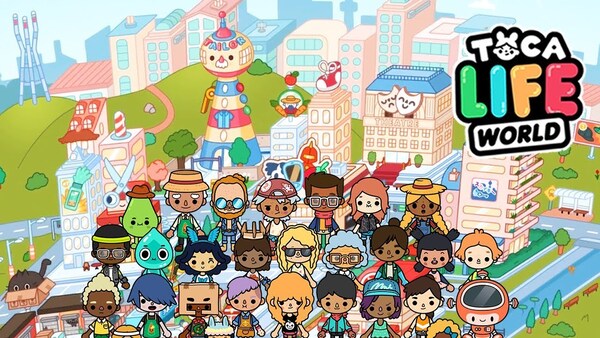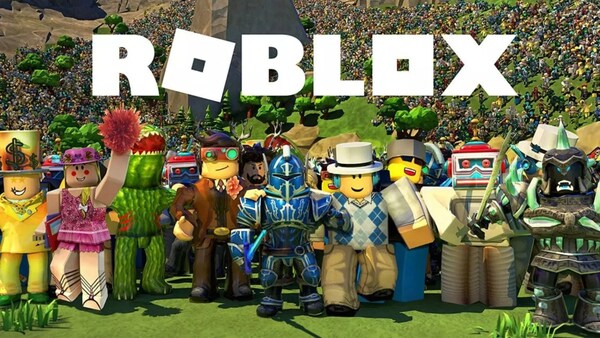Call of Duty: Modern Warfare II (MW2), released in 2022, introduced a range of exciting features and mechanics that expanded the franchise’s legacy. However, one issue that has caused significant backlash from the community is its Skill-based Matchmaking (SBMM) system. Designed to pair players with others of similar skill levels, SBMM was meant to create balanced matches that promote fair competition. However, it has led to a number of frustrations, including a diminished enjoyment of the game, slower matchmaking times, and an overwhelming sense of repetitiveness.
This article explores the complexities of SBMM in Call of Duty: Modern Warfare II, the concerns it has raised among players, and the potential long-term consequences for the game’s community. Through an examination of how SBMM works, its impact on player experience, and how the developers have responded, we aim to understand why this mechanic has become such a point of contention.

The Rise of SBMM in Call of Duty
SBMM: What Is It and Why It Was Introduced
Skill-based Matchmaking is a system designed to create balanced gameplay by pairing players of similar skill levels in multiplayer matches. Introduced in many games to ensure competitive fairness, SBMM is meant to prevent newer players from being constantly overwhelmed by highly skilled opponents. In theory, it provides a more enjoyable experience for players of all skill levels by ensuring that no one gets steamrolled in matches.
In Call of Duty: Modern Warfare II, SBMM was implemented to cater to a wide player base. As the game offers various modes and playstyles, the idea was to create a matchmaking system that would adjust based on individual performance, allowing for better matches and rewarding skilled players. While this may sound appealing on paper, the execution has left much to be desired.
The Impact of SBMM on Competitive Play
The primary goal of SBMM is to create fair, competitive matches. On the surface, this seems to be a positive change, as it ensures that highly skilled players do not dominate matches with beginners. However, this also means that players are often stuck in a loop of facing opponents who are on their skill level, making it harder to enjoy the casual nature of the game.
The design also inadvertently discourages lower-level players from improving. Since players are matched with others who are similarly skilled, they may not have the opportunity to learn and adapt by facing opponents with higher skill levels. Instead, the matches feel more like a repetitive grind.

The Problems Players Face with SBMM
Repetitive Matchmaking
One of the most common complaints about SBMM in Modern Warfare II is the repetitive nature of the matchmaking. Players often feel as though they are playing the same type of match over and over again, with little variety in terms of the experience. In casual play, this can quickly become frustrating, as it removes much of the unpredictability and fun from the game.
As SBMM attempts to match players of similar skill levels, it may force them to repeatedly face similar opponents with the same playstyles. This leads to a lack of variety in gameplay and the sensation of stagnation. The element of surprise, which is central to the Call of Duty franchise, is lost when players find themselves locked into a cycle of similar, evenly matched games.
Lack of Relaxation in Casual Play
The concept of “casual” play is supposed to be about fun and relaxation, providing an opportunity for players to unwind after a long day. However, the introduction of SBMM has transformed many casual lobbies into highly competitive arenas, where players are always under pressure to perform at their best. Even when players simply want to relax and enjoy themselves, SBMM creates an environment where they are continually facing opponents with similar skill levels, making it harder to enjoy the lighter side of the game.

Longer Wait Times
SBMM can also significantly increase matchmaking times. As the system works to match players of similar skill levels, it can take longer to find a balanced match. In larger player bases, this may not be as much of an issue, but in more niche regions or for players with specific preferences, it can feel like waiting forever for a match. Players who just want to hop in for a quick round can find themselves waiting for extended periods, which can lead to frustration and even abandonment of the game.
The Overemphasis on Winning: Impact on Fun
The Pressure to Perform
Under SBMM, players are often matched with opponents who are at their level or above. This creates a situation where every match feels like a must-win. For many players, the pressure to perform well becomes overwhelming, detracting from the enjoyment of the game. Instead of focusing on having fun and experimenting with different playstyles, players feel compelled to grind for wins.
This "win-or-lose" mentality, fostered by the SBMM system, diminishes the joy of the game. Casual moments where players can try new strategies or goof around are replaced by the need to outplay similarly skilled opponents. This leads to a cycle where the fun of exploring different strategies is overshadowed by the constant push to succeed.
The Impact on Casual Players
Casual players, who enjoy a more laid-back experience, often find themselves struggling with the system's overemphasis on skill balance. For them, the matchmaking process is too competitive and intense. In a game that has long been known for its accessibility and broad appeal, SBMM creates an artificial sense of competitiveness that detracts from the joy of simply picking up a controller and having fun.
The Emotional Toll of Losing
Another major issue with SBMM is the emotional toll that losing repeatedly can take on players. In traditional matchmaking systems, players may lose some matches, but the results feel less significant because of the variety in the skill levels of opponents. In contrast, with SBMM, players are more likely to lose against those with equal or greater skill, which can be more demoralizing. The frustration of losing repeatedly to opponents at the same skill level can lead to burnout and discourage players from continuing to play.
How SBMM Affects the Game’s Long-Term Health
Player Retention and Burnout
One of the unintended consequences of SBMM is the negative effect it has on player retention. While competitive players may appreciate the balance it provides, many casual players find themselves burning out from the lack of variety and the constant pressure to win. This can result in lower player retention, as players may feel that the game is no longer fun and decide to quit.
Without the ability to relax and unwind, players who initially enjoyed Call of Duty for its fast-paced, unpredictable nature might find the experience too stressful. As a result, they may stop playing altogether or seek out alternative games with more relaxed matchmaking systems.
The Diminishing Appeal of New Content
Another issue is that SBMM can limit the appeal of new content. In games like Call of Duty, new maps, weapons, and modes are often released to generate excitement and keep the community engaged. However, with SBMM ensuring that players face equally skilled opponents, the excitement of exploring new content can be dampened. When players are constantly matched with others of equal or higher skill, they may feel discouraged from experimenting with new content or tactics. This reduces the excitement that typically accompanies new releases.
Community Feedback: The Calls for Change
Complaints from the Community
The backlash from the community regarding SBMM has been vocal and widespread. Many players have taken to social media and forums to express their dissatisfaction with the system, citing frustrations with slow matchmaking, repetitive gameplay, and the loss of enjoyment. A significant portion of the community feels that the introduction of SBMM has fundamentally changed the nature of the game, pushing away casual players in favor of a more competitive experience.
Developer Responses and Adjustments
In response to the backlash, the developers of Modern Warfare II have made adjustments to the SBMM system in an attempt to address player concerns. These adjustments have included tweaking how matchmaking is handled in certain game modes and offering more varied matchmaking options for casual players. However, many players still feel that these changes have not gone far enough in reducing the negative impact of SBMM on their gaming experience.
Conclusion: Finding a Balance Between Fun and Competition
While Skill-based Matchmaking was introduced with the intention of making Call of Duty: Modern Warfare II a fairer and more competitive experience, its implementation has had unintended consequences. By prioritizing competitive balance over casual play, SBMM has led to longer matchmaking times, repetitive gameplay, and a loss of the fun and relaxed atmosphere that once defined Call of Duty. The pressure to perform and the emotional toll of constant losses have caused frustration among players, diminishing overall enjoyment.
For the game to maintain its long-term health, the developers must strike a better balance between providing competitive matchmaking and allowing room for casual, relaxed play. The goal should be to create a system that is accessible to all players—whether they are looking for intense competition or simply a fun, stress-free experience.




























